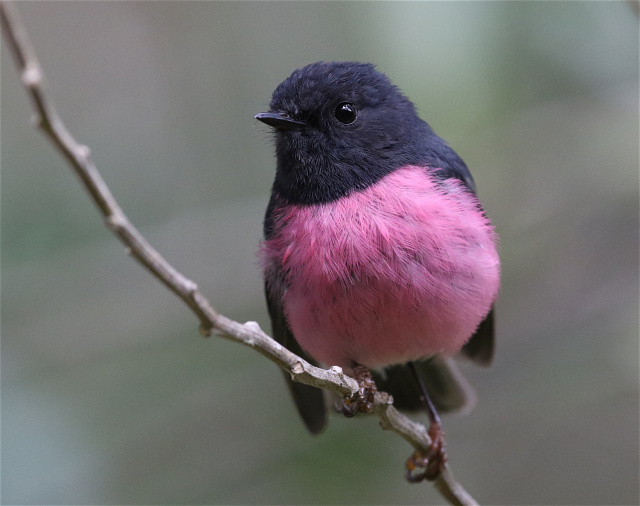
It's an amazing event. Connecting people with nature to me is the first step in being able to do most things.
I think it's in its sixth version now, every two years. Partly it's preaching to the converted - because I'm down here, because I like birds and this is a bird festival - but you do get to touch people that don't really know.
Activities for children and getting children involved is quite an important step in them then helping their parents to get connected. The bird festival is a key place to share the message and share the love.
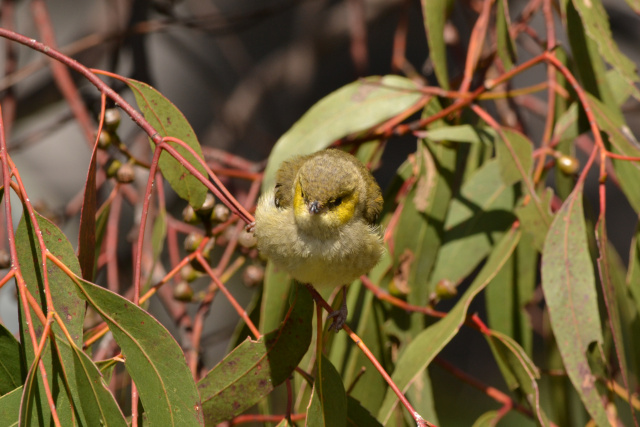
There are all these amazing walks and tours and things that you can do on people's private land, that people don't have access to normally. It showcases how great it can be for birds here and it's lovely to be among like-minded people.
Birdlife Australia has a swift parrot program on Bruny at the moment. We're trying to make sure they have enough habitat in which to breed. Swift parrots are hollow-nesters, and in order to generate hollows you need mature trees. Logging of native forests is a massive issue for them.
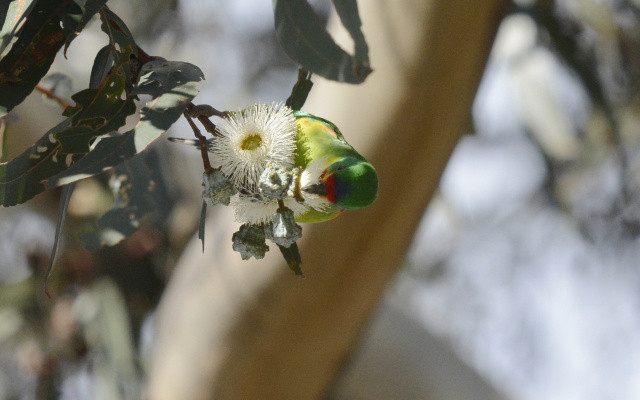
Less continuity of habitat that allows them to move safely, comes from logging and development. People clearing blocks a little bit further, and a little bit further, and a little bit
further causes problems for them.
Feral cats are also an issue for a lot of birds.
Bruny Island is fantastic in that it has a system here, where cats are not allowed to free-roam. That has made a huge difference to mammals as well as birds. It's a really useful step.
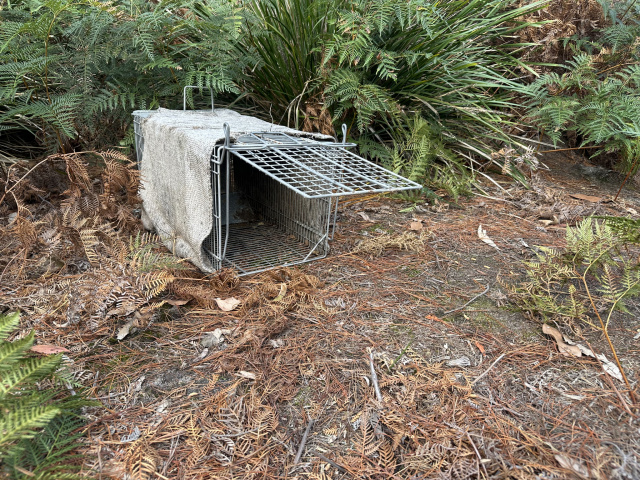
The next Bruny Island Bird Festival is due in 2026. Stay tuned!
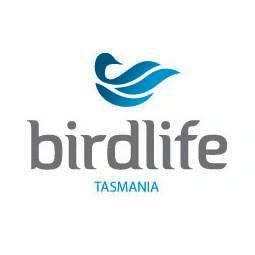
BirdLife Tasmania
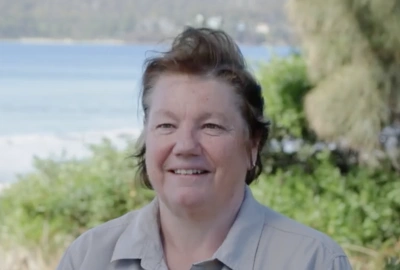
Karen Dick

It's an amazing event. Connecting people with nature to me is the first step in being able to do most things.
I think it's in its sixth version now, every two years. Partly it's preaching to the converted - because I'm down here, because I like birds and this is a bird festival - but you do get to touch people that don't really know.
Activities for children and getting children involved is quite an important step in them then helping their parents to get connected. The bird festival is a key place to share the message and share the love.

There are all these amazing walks and tours and things that you can do on people's private land, that people don't have access to normally. It showcases how great it can be for birds here and it's lovely to be among like-minded people.
Birdlife Australia has a swift parrot program on Bruny at the moment. We're trying to make sure they have enough habitat in which to breed. Swift parrots are hollow-nesters, and in order to generate hollows you need mature trees. Logging of native forests is a massive issue for them.

Less continuity of habitat that allows them to move safely, comes from logging and development. People clearing blocks a little bit further, and a little bit further, and a little bit
further causes problems for them.
Feral cats are also an issue for a lot of birds.
Bruny Island is fantastic in that it has a system here, where cats are not allowed to free-roam. That has made a huge difference to mammals as well as birds. It's a really useful step.

The next Bruny Island Bird Festival is due in 2026. Stay tuned!
Love what you're reading? Support BirdLife Tasmania donate to support them now
Donate hereYou might like...

Bruny Island launch: CEO Phill Pullinger on the Kuno concept

Bruny Island launch: James Bunker on the Bruny Island Environment Network

Bruny Island launch: Dan Broun talks about how you can get involved

Plight of the shorebirds
Newsletter
Sign up to keep in touch with articles, updates, events or news from Kuno, your platform for nature
